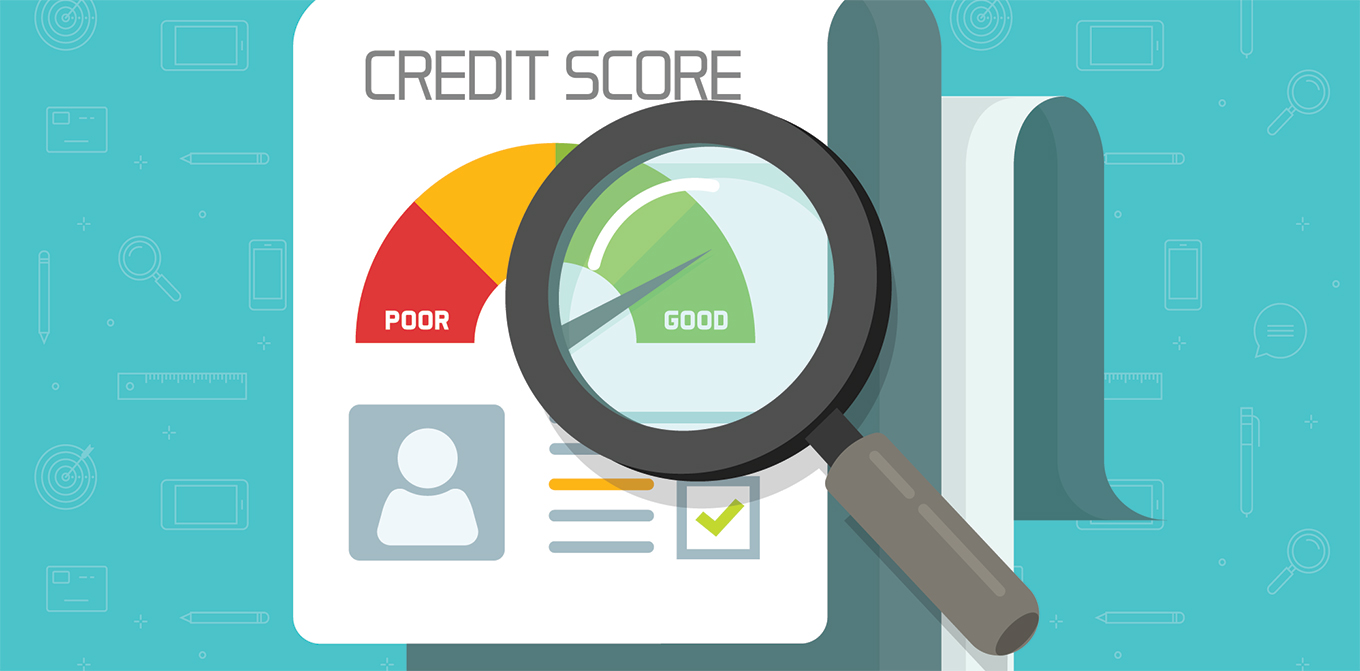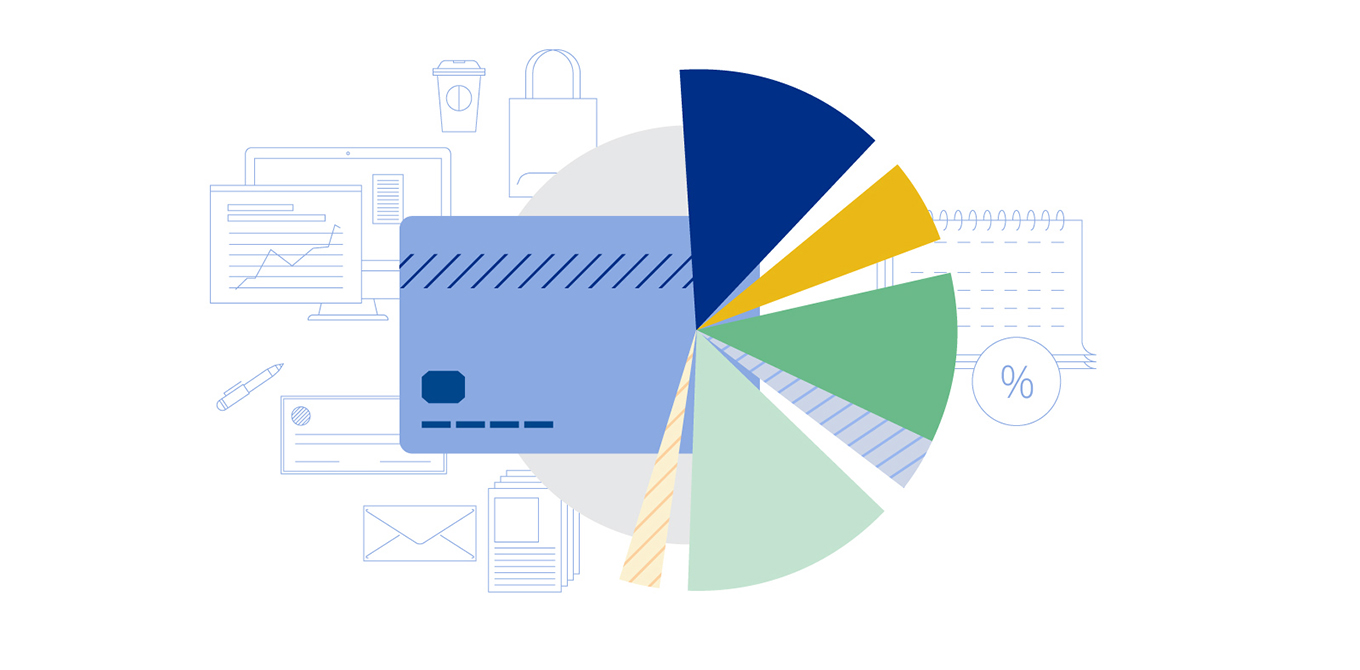Money Management Strategies for Single Parents
Single parents face some special challenges, especially when they are the sole earner and financial decision-maker for their household and family. But with some careful planning, single parents can have a comfortable, thriving financial life and build a happy future for themselves and their children.
Below are a few key financial wellness tips for single parents.
Create a budget
There can be a lot of emotions tied to how and why we spend money, but there are huge payoffs to taking a logical approach to your finances by creating a budget. The first step is to evaluate where money is going, and then decide if those spending habits are working for you.
There are convenient tools and apps available to help you see spending patterns and create a budget to meet your financial goals. For example, Mint.com is a free tool that automatically links with your bank accounts and categorizes your expenses.
If you want to do it the old-fashioned way, sit down with your bank account statements and tally up the amount of money you spent on various expenses during the month, including housing, transportation, food, insurance, children's expenses, clothing, entertainment, and more.
Ideally, your monthly expenses are less than your monthly income, but if you find you're spending more than your making, look for areas to cut back. Are you spending too much on non-essentials, like take-out or online subscriptions? Could you cancel some recurring expenses or an unused gym membership? Could you be more efficient in your grocery shopping or clothing purchases?
By creating a plan when you have a clear head and your financial goals in view, it will be easier to make spending decisions that reflect your priorities. Having financial stability will make your entire life more stable.
Build a safety net
Financial hardship often goes hand in hand with medical bills. Avoid that trap by ensuring your family is covered by health insurance. If you don't already have health insurance, and you don't get it through your employer, go to HealthCare.gov to see your options.
Depending on your income, you might consider signing up your children for free or low-cost children's health insurance with your state's Children's Health Insurance Program (S-CHIP). Different states have different eligibility requirements. Check out InsureKidsNow.gov for more details.
Another aspect of building a safety net is purchasing life insurance. You might already have a small group life insurance policy at work, but you should consider buying your own life insurance too. A general rule of thumb is to have a life insurance policy with a face value of 10 times your annual income. For example, if you earn $50,000 per year, you should consider buying a $500,000 life insurance policy. Depending on your age and health, term life insurance can have affordable monthly premiums, and even single parents should make this part of their financial plan.
One of the usual reasons to buy life insurance is to replace a breadwinner's income for the remaining family members. Single parents should consider their financial goals for what they would want their life insurance money to support, whether that's paying off your house, your kids' education, or just covering final expenses.
Consider talking to an attorney about drafting a will, or creating a more comprehensive estate plan that can leave specific instructions for who would serve as the legal guardian of your children, who would have visitation rights, and how you want your child to receive financial support from any trust fund that you set up for them.
Save for the future
Once you know your monthly budget and you have a safety net of insurance, it's time to start saving for your financial goals, whatever they may be.
Saving for retirement can be more challenging for single parents, especially those who aspire to pay their kids' college tuition, but it should remain a priority throughout your earning years. If you have a 401(k) or another tax-advantaged retirement plan at work, you'll want to save at least enough to qualify for your employer's matching contribution—that's "free money" that you would otherwise be leaving on the table.
Also, make sure that your retirement savings is invested appropriately for your age and investment time horizon. If you do want to put money aside for college funds, do so after maximizing your retirement savings. Paying for your children's college is a luxury, and there are alternatives like grants, scholarships, and student loans if you can't afford it at the time; whereas retirement is an all-cash affair—if you don't save money to live off of, you'll have to keep working.
Being a single parent is not easy, but it can be an empowering journey of growth and personal fulfillment. With careful planning and smart money management, you and your children can have a wonderful life together.




